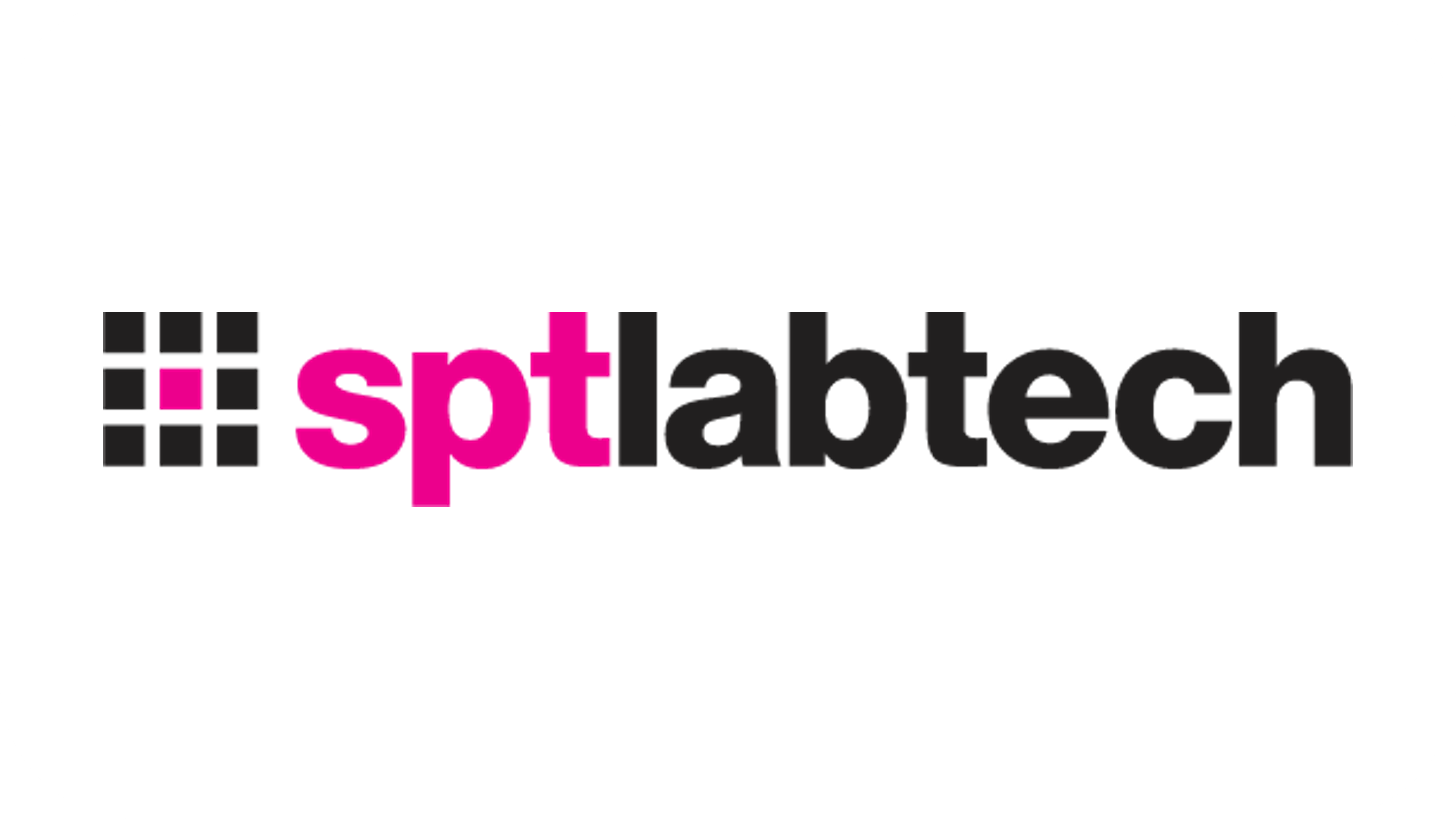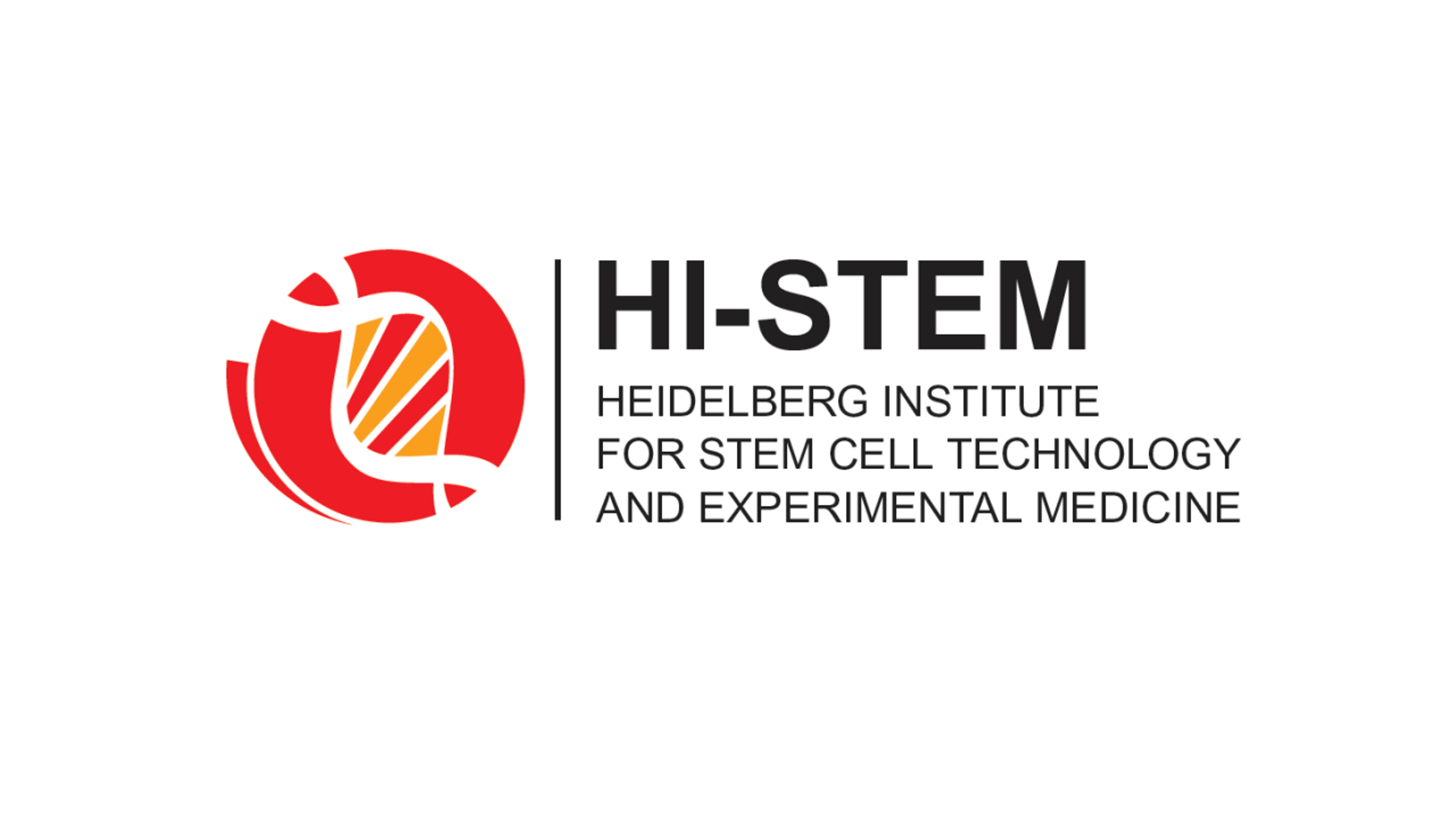Webinar: Automating antibiotic discovery in academia: A collaborative screening effort to identify novel TB therapeutics

In this webinar, hear how a collaboration between SPT Labtech, Automata, GSK, and researchers at the Francis Crick Institute, employed cutting-edge automation tools, including the dragonfly® discovery liquid handling system by SPT Labtech and Automata’s LINQ platform, to conduct a high-throughput enzymatic screen targeting a vulnerable pathway in Mycobacterium tuberculosis (Mtb).
About this webinar
The automation of drug discovery has advanced considerably, driven by the need for enhanced efficiency, reproducibility, and scalability in high-throughput screening workflows. In this study, a collaboration between SPT Labtech, Automata, GSK, and researchers at the Francis Crick Institute, employed cutting-edge automation tools, including the dragonfly® discovery liquid handling system by SPT Labtech and Automata’s LINQ platform, to conduct a high-throughput enzymatic screen targeting a vulnerable pathway in Mycobacterium tuberculosis (Mtb). This effort was part of a broader initiative to discover novel antibiotics against Mtb.
Tuberculosis (TB), caused by Mtb, remains a global health emergency, with 10.8 million cases and 1.25 million deaths reported in 2023. The rise of drug-resistant strains underscores the urgent need for novel therapeutic approaches. Targeting an essential enzyme in the Mtb amino acid biosynthetic pathway, a repurposing screen of 6,000 compounds was conducted building upon prior GSK efforts targeting the human orthologue. This enabled assessment of potency, selectivity, and microbiological efficacy.
The findings accelerated the identification of promising Mtb enzyme inhibitors and provided a strong foundation for further medicinal chemistry efforts. Additionally, iterative refinement of the automated workflow provided critical insights into the potential of robotic platform integration for high-throughput drug discovery.
Key learning objectives:
- Introduce the technical capabilities of the Automata LINQ platform for end-to-end automated biochemical screening and SPT Labtech’s dragonfly® discovery for fast and precise liquid handling.
- Applications for laboratory automation in TB drug discovery research.
- Understanding the development and optimization timeline and workflow for scaling up a time sensitive, kinetic, enzyme assay on an automated high-throughput scale.
- Explore the challenges and benefits of automation for drug discovery workflows in academia.
register now



